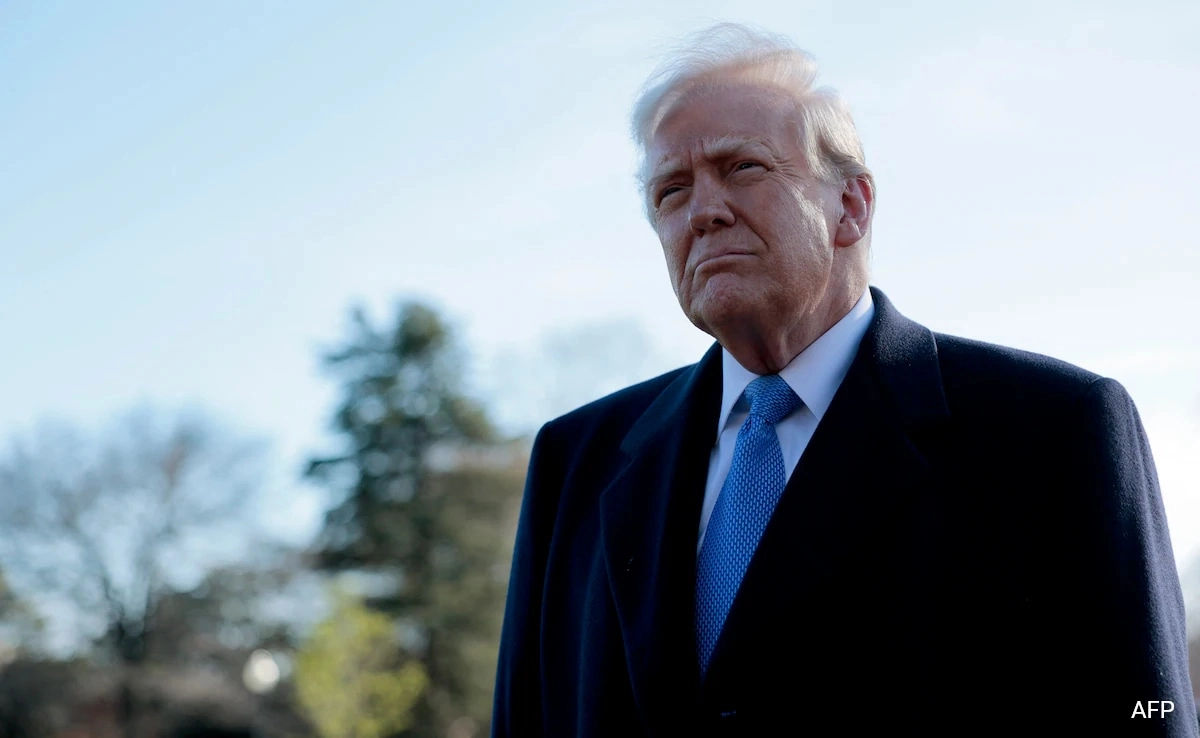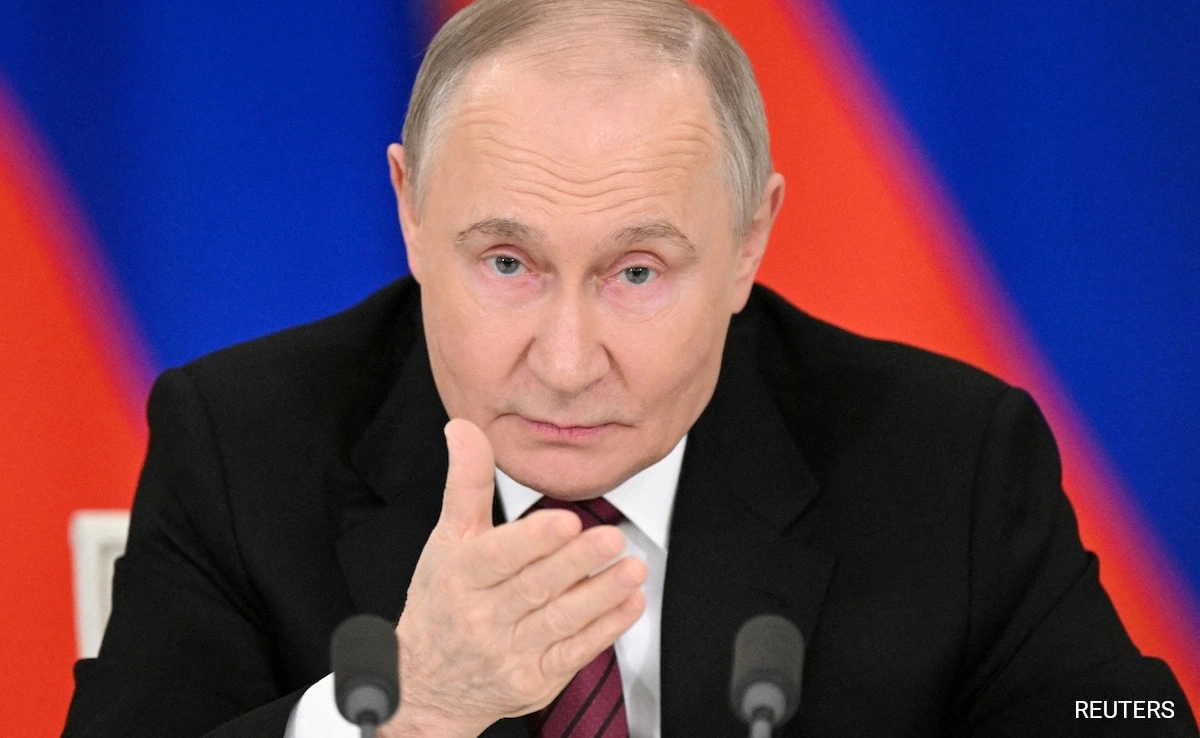Former President Donald Trump has publicly called for the termination of public funding for broadcasters such as NPR (National Public Radio) and PBS (Public Broadcasting Service). He voiced his opinions during a recent rally, asserting that taxpayer dollars should not support media organizations that he perceives as biased or untrustworthy. Trump’s remarks reflect a longstanding debate in American politics regarding the role of public broadcasting and its funding sources. Critics of public funding argue that it allows for the dissemination of partisan content, while supporters contend that it provides essential educational programming and diverse viewpoints that might not be otherwise viable in the commercial media landscape.
Trump’s position resonates with a segment of the population that feels disenfranchised by mainstream media narratives. By calling for an end to public funding, he aims to align himself with those who believe that institutions like NPR and PBS do not adequately represent conservative perspectives. This stance has reignited discussions about media bias and the necessity of public broadcasting in a rapidly evolving media environment. Proponents of NPR and PBS argue that these organizations deliver critical news coverage, cultural programming, and educational resources, especially in underserved areas where access to quality content is limited.
The debate over public funding for broadcasters is not new; it has been a contentious issue for decades. The Corporation for Public Broadcasting, which provides federal funding to NPR and PBS, has historically faced scrutiny from various political factions. Those in favor of maintaining funding emphasize the importance of public media as a platform for independent journalism and a safeguard against the consolidation of media ownership, which can lead to a homogenization of viewpoints. Conversely, opponents argue that the reliance on taxpayer money for these broadcasters creates an inherent conflict, suggesting that public funds should not support any media outlets at all.
As this conversation unfolds, it raises critical questions about the future of public broadcasting in the United States. If funding were to be eliminated, there could be significant implications for the programming and services that NPR and PBS provide. This ongoing discourse highlights the broader challenges facing media organizations today, navigating the complexities of funding, audience trust, and the pursuit of journalistic integrity in an increasingly polarized environment. The outcome of these discussions will ultimately shape the landscape of American media and influence how citizens access news and information in the years to come.




